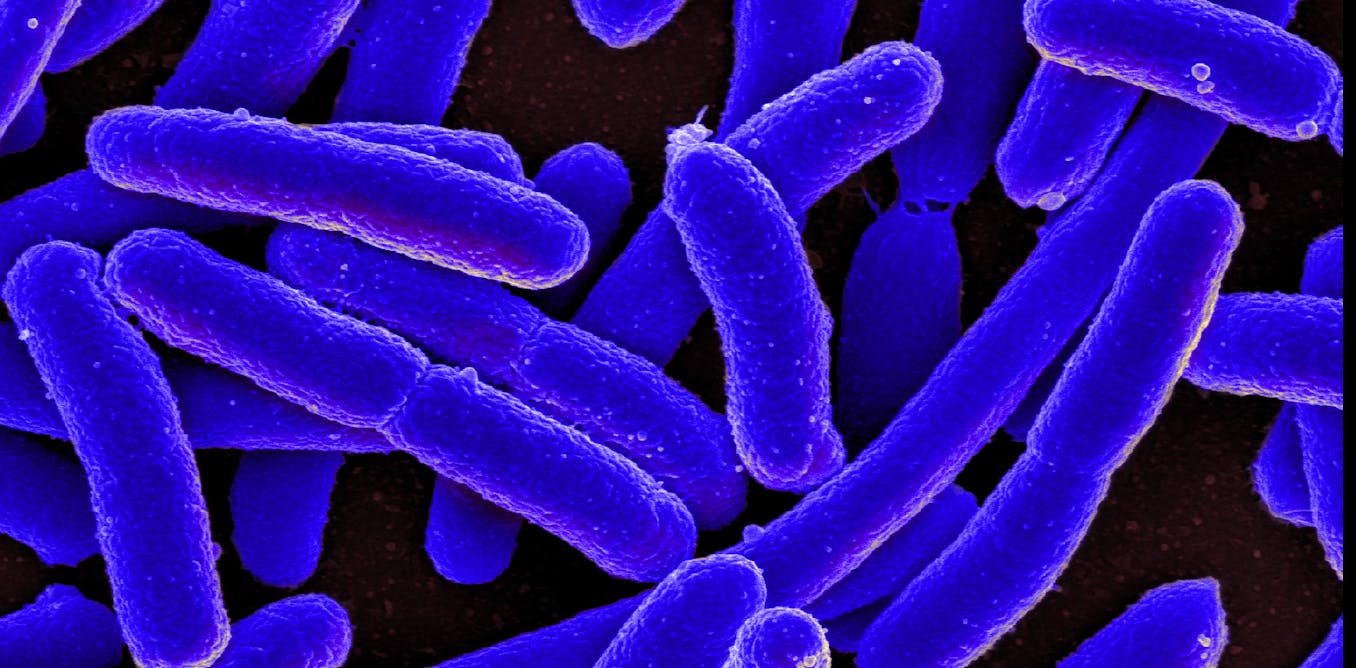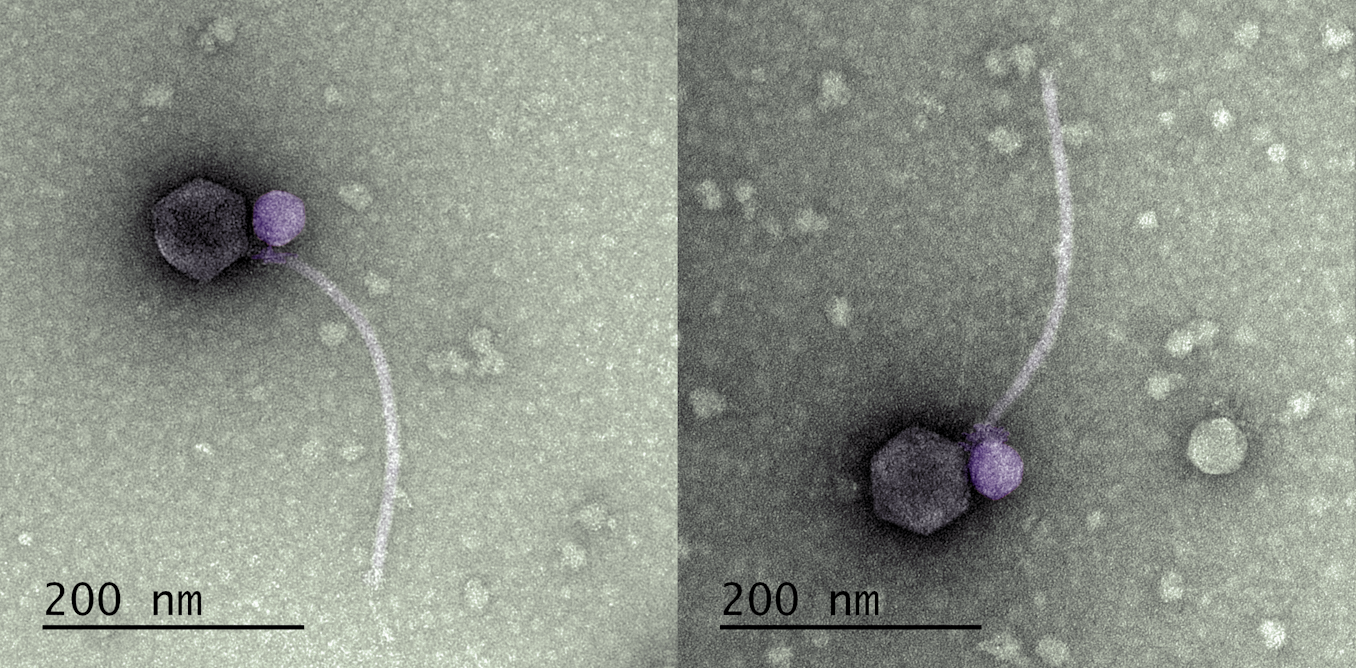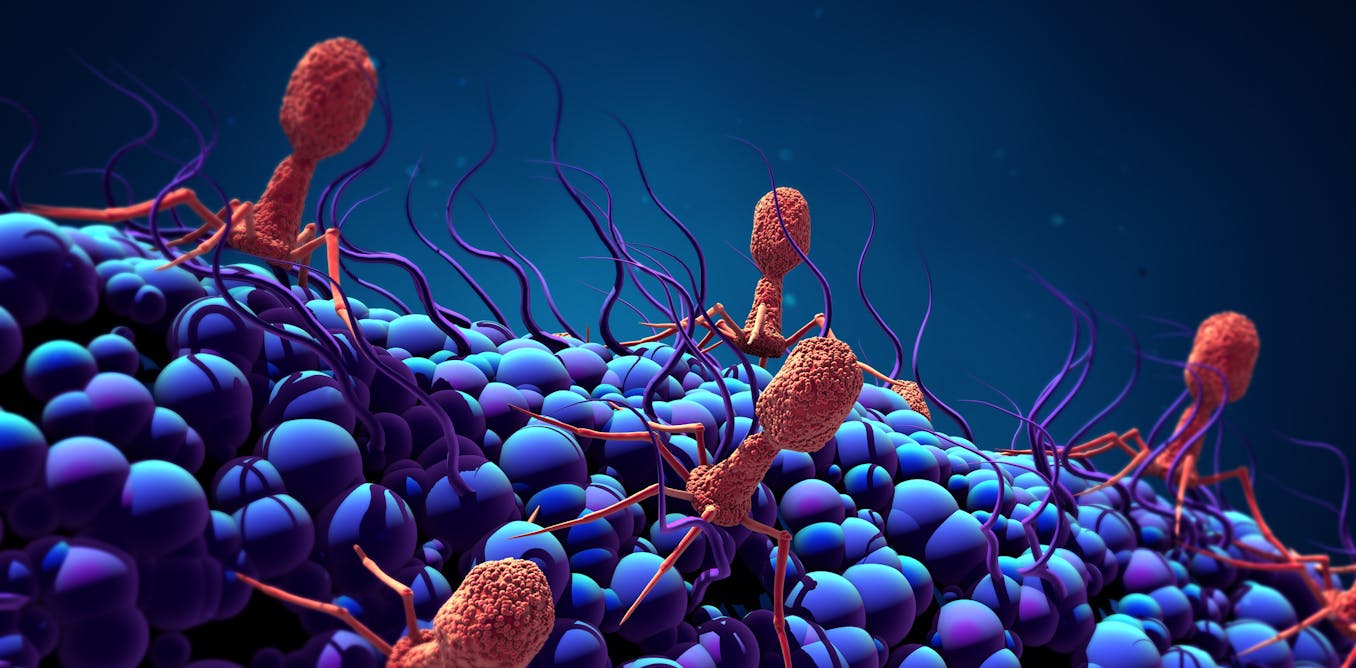Bacteria can develop resistance to drugs they haven’t encountered before − scientists figured this out decades ago in a classic experiment
The Nobel Prize-winning Luria−Delbrück experiment showed that random mutations in bacteria can allow them to develop resistance by chance.
Feb. 22, 2024 • ~7 min




